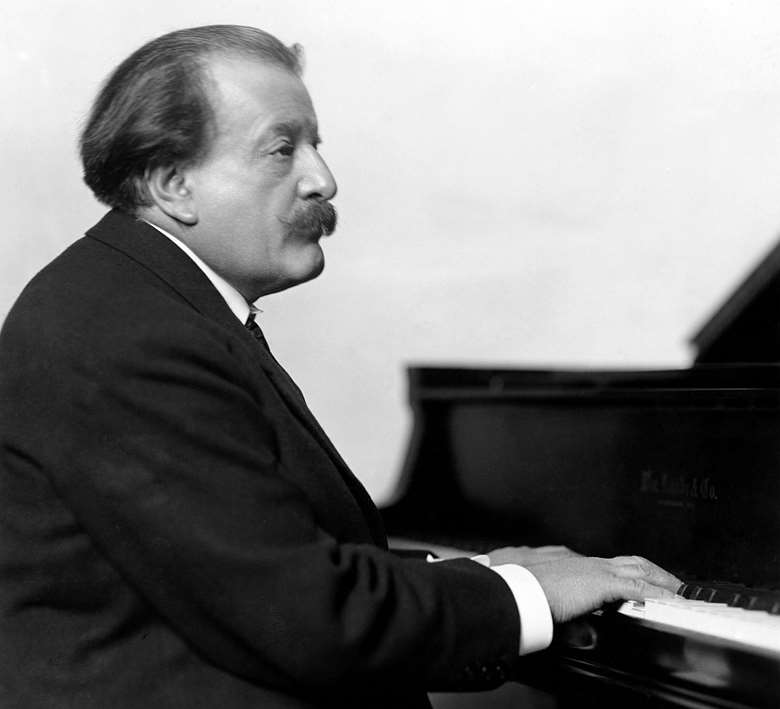Moriz Rosenthal: charmer or charlatan?
Bryce Morrison
Friday, May 26, 2023
Bryce Morrison explores the inimitable playing of Moriz Rosenthal

Register now to continue reading
This article is from International Piano. Register today to enjoy our dedicated coverage of the piano world, including:
- Free access to 3 subscriber-only articles per month
- Unlimited access to International Piano's news pages
- Monthly newsletter






